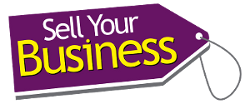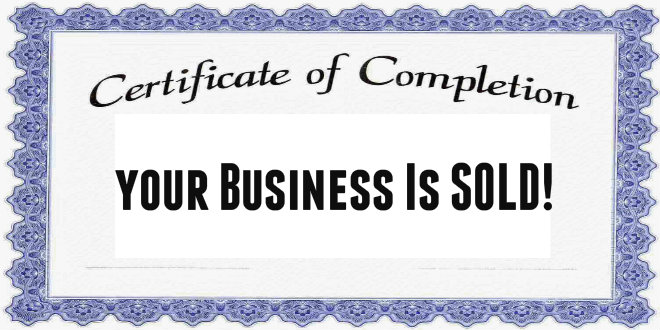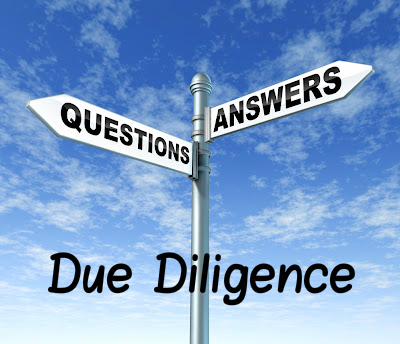
Questions when selling
Besides the super obvious question asked when selling a business – ‘How much is my business worth?’ to which there is no straight, easy answer, here are three other questions that we get asked by business owners all the time – along with our answers.
Q1: If I am thinking about selling my business, when should I start planning?
It’s never too early to think about selling nor to start planning. Ideally, you should have a 2-3 year plan to allow yourself time to get the business ready for sale. It’s like selling a house; you need to invest a bit of time, money and effort to get it looking its best to attract the right buyer. The market cycle does matter, as does the time of year. You need to have plenty of patience and plan well and accurately in order to maximize your business’ value.
Q2: What should I be doing to prepare my business for sale?
In a word, everything! Make sure that everything is in order and above board, especially your finances. So, know your numbers. Protect your business and have signed customer contracts where possible. Also make sure that your sales forecast is accurate and that your historical figures back up your story and you hit those numbers. Look at your business as if you were the potential buyer and plug all those holes that you may have.
If you’re looking to improve the bottom line to make yourself more attractive to potential buyers, implement efficiency changes. These need time in order to happen and to make a positive impact on your bottom line.
Q3: Do I have to use a broker to sell my business or can I sell it myself?
It really depends on your business and what you personally want to do. For smaller businesses, under $1m, the traditional brokerage fees or boutique firms can be uneconomic for you especially as some brokers charge an upfront flat fee plus a percentage on successful sale of the whole value. However, there are a number of brokers who will work on success-based fees and can be worth it as they help you market your business to a wider audience.
Are you sure you are the right person to spend time trying to sell the business? Can you afford to spend time on selling the business? You may not have the time as you are already doing a 12 hour work day and juggling numerous balls – don’t forget those forecasted numbers need to be achieved too.
Getting the word out will be expensive too as well as time consuming. You also may not have the reach nor the right connections, brokers subscribe to online business sale marketplaces and this may be an effective cheaper way to market your business for sale than if you were to go direct to one of online business sale marketplaces as they are quite expensive to list on – think $150 per month!
So it could pay to have the right broker ‘seal the deal’ for you.
Bear in mind that the process of selling a business is unique and there is no fixed blueprint that can be used to make the business sale process go like clockwork. There are just too many ever-changing factors involved. And most of those are outside your control. Rest assured that we are here to help demystify the process, reduce your risk, help your odds of getting what you want from your business sale and make sure that you are asking the right questions.
Joanna Miller helps business owners navigate their way through the start to finish process of selling a business. Her specialty is helping owners understand how to prepare and make the most of their business sale process to maximise their company’s value. To understand how you can sell your business quickly for the highest sales price, purchase her book, “How To Sell A Business: The #1 guide to maximising your company value and achieving a quick business sale”





 So there you are, you’ve just finished uploading your last document into the virtual data room and ticked off the corresponding item from the list provided to you by your solicitor or business broker.
So there you are, you’ve just finished uploading your last document into the virtual data room and ticked off the corresponding item from the list provided to you by your solicitor or business broker.




 Find the best solicitor you can to help you sell your business and guide you through the business sale process. If you already have a good solicitor, consider yourself lucky. Completing a business sale is a job that requires exposure to all functions of business as well as understanding the legal terms and law. Choosing a solicitor should be at the top of your list when you are committed to sell a business.
Find the best solicitor you can to help you sell your business and guide you through the business sale process. If you already have a good solicitor, consider yourself lucky. Completing a business sale is a job that requires exposure to all functions of business as well as understanding the legal terms and law. Choosing a solicitor should be at the top of your list when you are committed to sell a business.